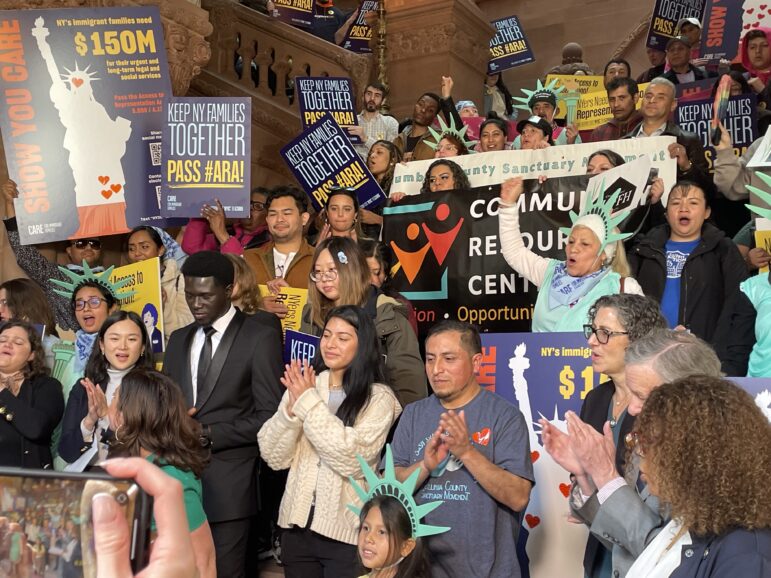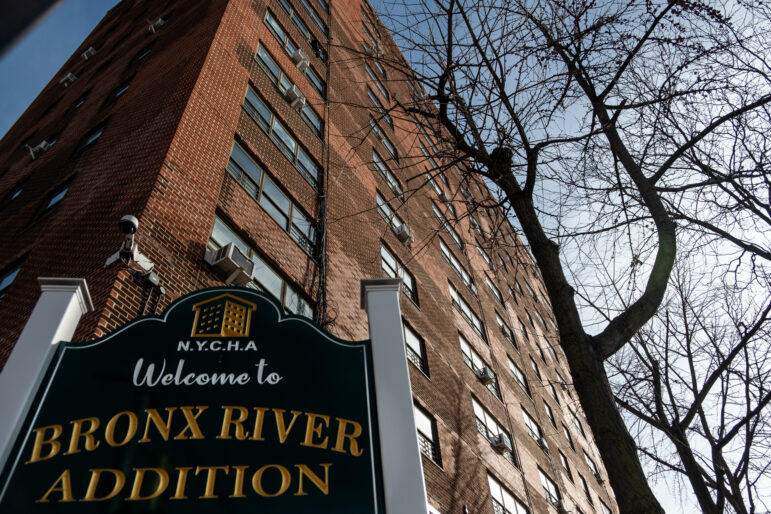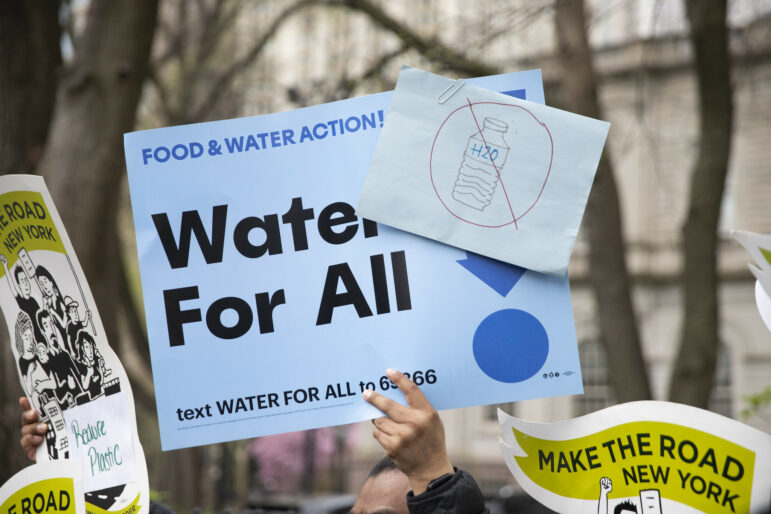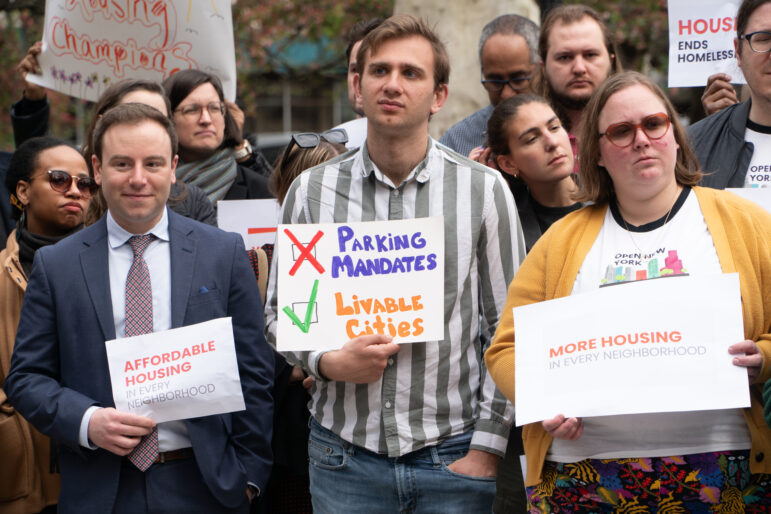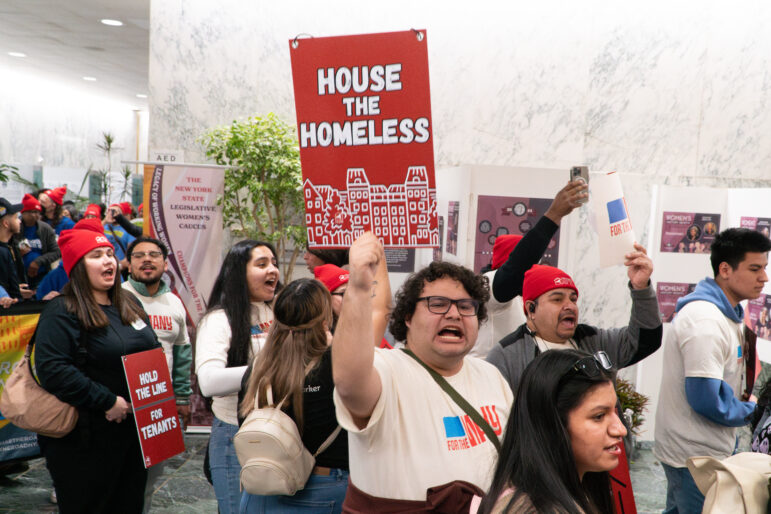Private employers could soon be forced to provide health insurance for their workers, under a new bill moving steadily toward City Council approval.
The Health Care Security Act, introduced last fall, would require private employers in five industries–large groceries, industrial laundries, hotels, building services and construction–to either provide insurance or pay into a citywide fund that would do it for them. Still in the early stages of negotiation, the bill has strong support; at press time it boasted 39 council sponsors, enough to survive a mayoral veto.
Backed by unions, community organizations and advocates for the poor, the law is aimed at sectors that provide services locally, and would therefore be loath to leave the city. But support has also come from far less likely quarters: businesses in the industries themselves.
That’s because most employers in these fields typically already provide health insurance for their workers. About 70 percent of employers, offer insurance, covering about 450,000 workers and their dependents, according to an analysis of industry and census data by the Brennan Center for Justice at New York University’s law school. But employers who don’t provide insurance, operating with lower costs, can underbid those who do–and that has local employers scrambling to find a way to keep their workers insured and their bottom line in the black.
“I give all my employees health care. We just cannot compete against businesses that do not provide health care,” testified Gilbert Rivera, owner of a waterproofing firm and a board member of the National Hispanic Business Council. “[HCSA] will level the playing field.” Rivera’s not the only one who sees it that way. Nearly 100 other businesses have signed on, ranging from modestly sized building contractors to strong local chains like Gristedes and Fairway. (Competition between supermarkets is likely to intensify, with Wal-Mart’s Rego Park store looming on the horizon.)
Gotham’s workers could certainly use the boost: One in four New Yorkers under age 65 was without health insurance in 2002, according to a United Hospital Fund study. That’s a pricey problem, says Sherry Glied, a nationally renowned health care economist at Columbia University’s Mailman School of Public Health. Covering health care for low-income, uninsured New Yorkers costs the city about $466 million annually according to Glied’s research. Still, not everyone is sold on the bill. The mayor’s Office of Health Insurance Access has argued that the law is beyond the purview of the council, and in fact prevented by federal pension law provisions. And some industry groups, such as the New York State Association For Affordable Housing, oppose it.
“People really need to have health insurance, and we understand that. On the other hand, we need affordable housing,” says Bernie Carr, executive director of NYSAFAH. “Ultimately, anything that raises costs, which this will do, is going to result in fewer units.”
That doesn’t quite cut it for the law’s backers. “It’s economically feasible to build affordable housing and treat workers right,” says Paul Sonn, associate counsel with the Brennan Center, noting that some trade associations within the targeted industries are supporting the bill.
If HCSA makes it onto the books, New York will be one of the first cities to pass such legislation. A more expansive version of HCSA was signed into law in California in 2003; that legislation died last November when a public referendum, funded largely by Wal-Mart and McDonald’s, repealed it. Washington State is currently considering a state-level program.
The law certainly sounds good to Vicente Mayorga, a construction worker from Queens. When his wife had a gall bladder operation four years ago, they were faced with a $1,200 hospital bill. “It took us one year to pay off that one bill,” says the Ecuadoran native. “In all my 10 years of working construction, I never had health insurance.”


